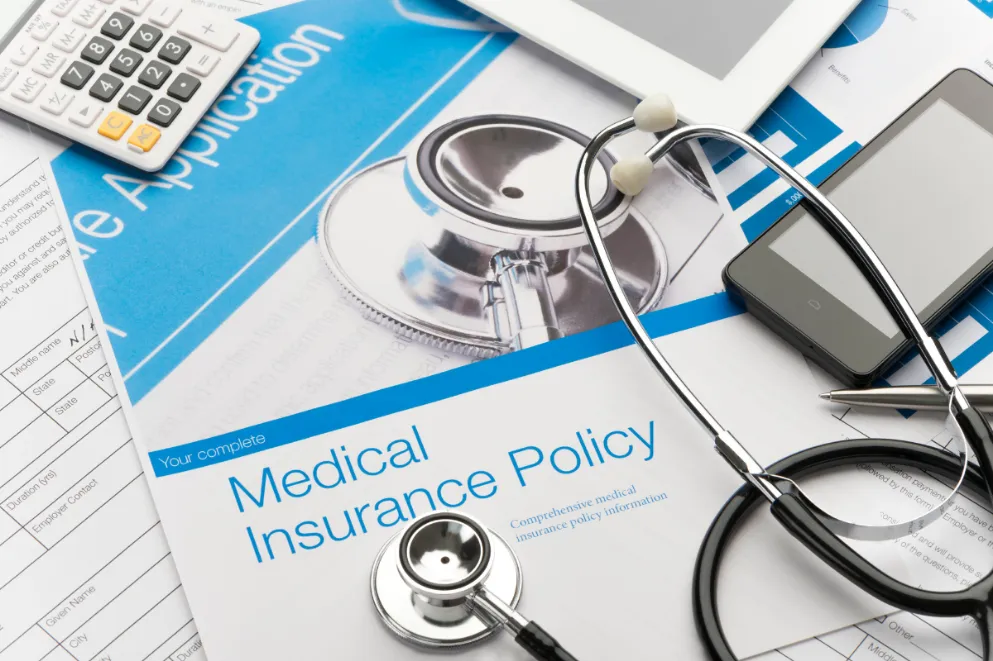The adoption of high-deductible health plans (HDHPs) has witnessed a significant surge in recent years. From just 7% in 2009, the proportion of large US employers offering HDHPs has risen to an impressive 39%. While these plans boast of lower monthly premiums, they come with the potential challenge of unanticipated expenses, often exceeding $1000 in emergency situations. For many, this presents a considerable financial hurdle.
So, the pertinent question arises: how can one effectively manage these upfront costs, reach the deductible threshold, and subsequently utilize the full scope of their insurance benefits? Here's a comprehensive guide to assist you.
Deciphering High-Deductible Health Plans (HDHP)
To put it succinctly, HDHPs require beneficiaries to bear a notable share of their medical expenses (typically around $2,000) before the insurance coverage kicks in. During this period, expenses come directly out of the beneficiary's pocket. However, a redeeming feature of many HDHPs is the accompanying Health Savings Account (HSA), a designated savings mechanism for healthcare-related expenditures.
Navigating Medication Costs When That Deductible Looms Large
Here's a little secret: sometimes skipping insurance for certain costs can be a smarter move for your wallet. If you're wrestling with a high deductible, RxLess discounts can be a game-changer. Here's how to save with RxLess:
At your pharmacy, ask what your meds would cost if you ran it through your insurance.
Compare that price to the discount offered by RxLess.
If RxLess comes out on top, ask your pharmacist to use the RxLess discount instead of running it through insurance.
In the world of health expenses, every bit of knowledge and every dollar saved counts. Here's to savvy spending and healthier days ahead!
















